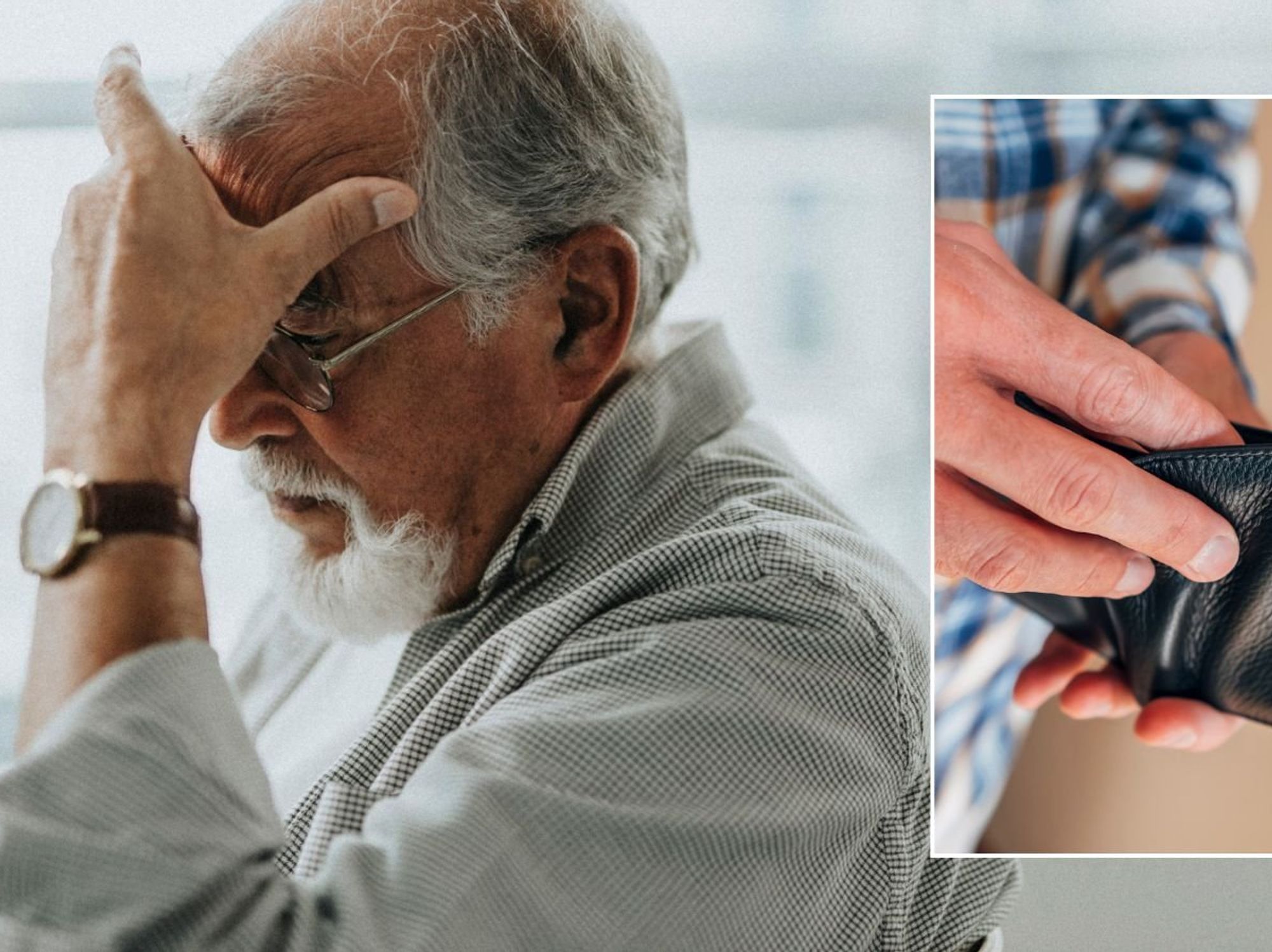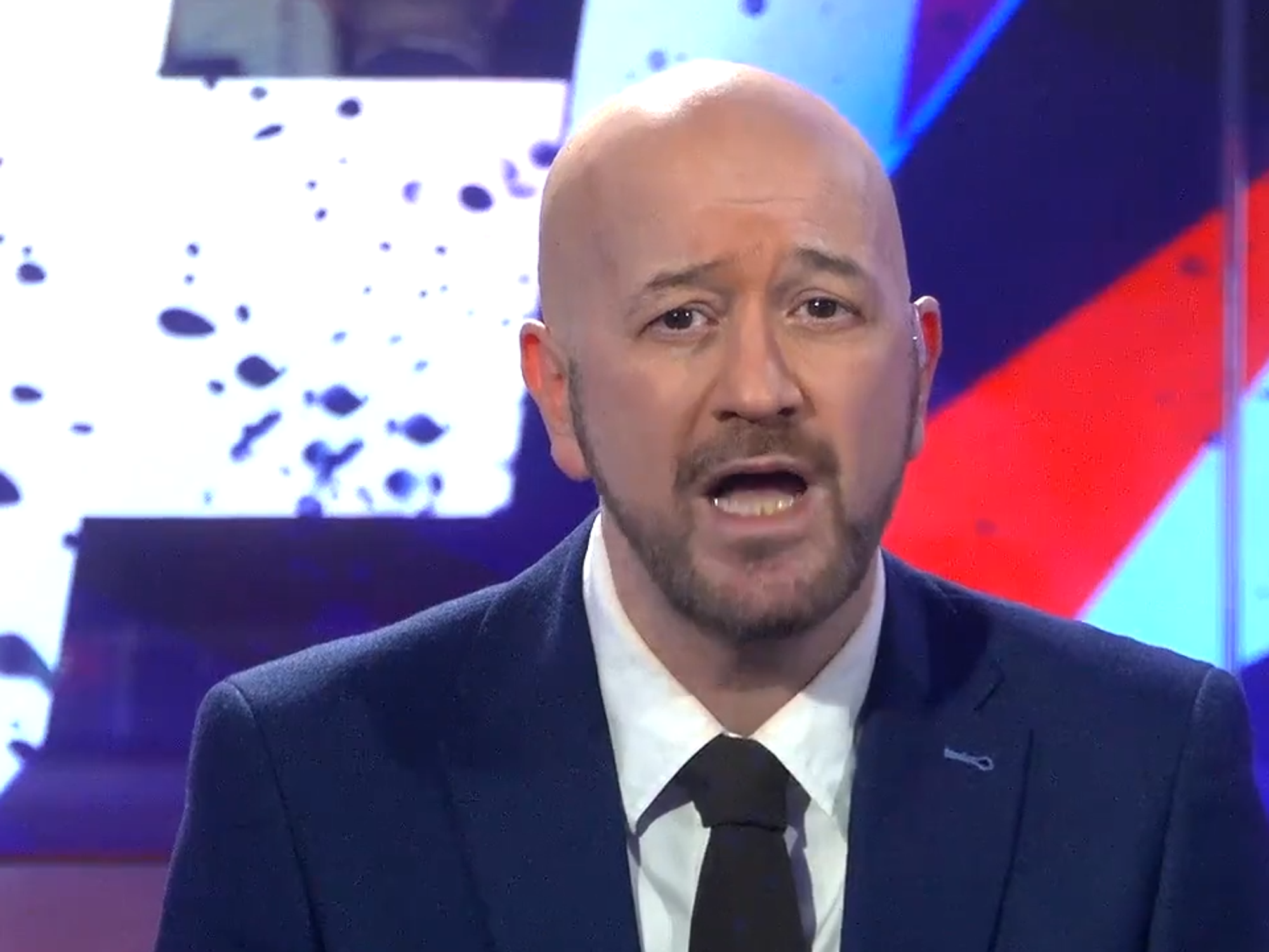Driving law changes impacting all Britons are 'wholly positive' to crack down on 'tragic consequences'
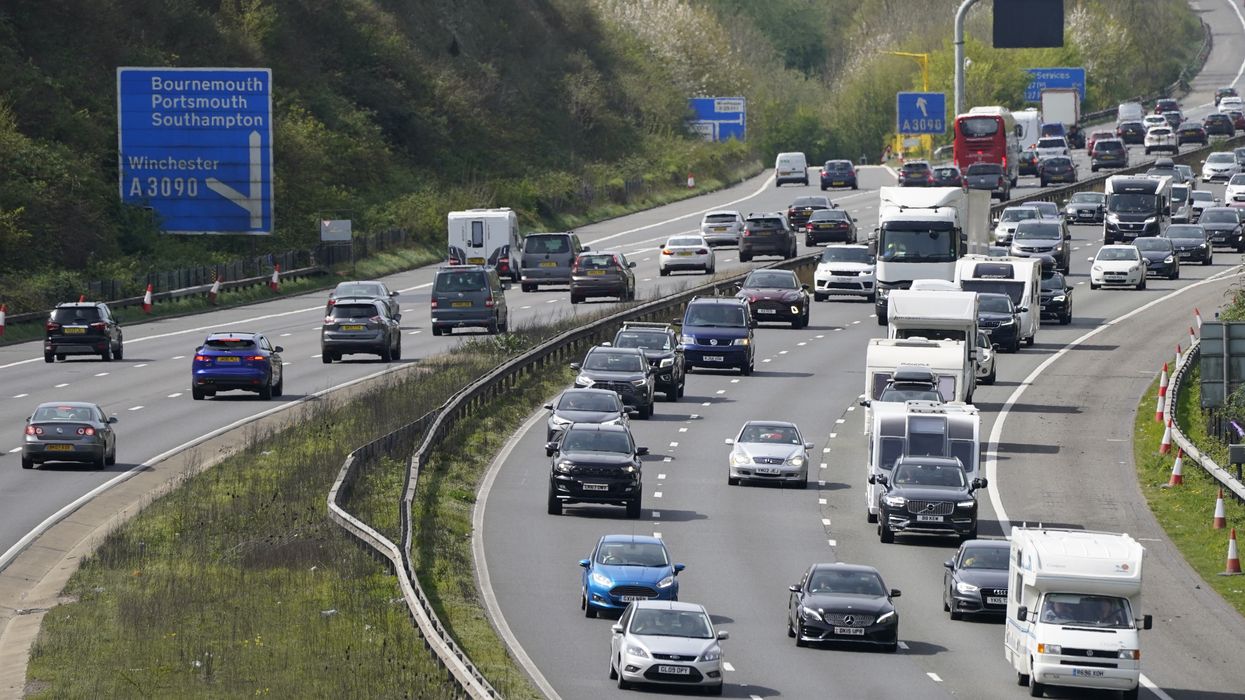
The proposals were set out by medical experts last month
| PA
The road safety expert praised the 'very sensible recommendation' from the British Medical Association
Don't Miss
Most Read
An expert has told GB News about the likelihood of new driving law changes which could be introduced to deal with people getting behind the wheel while under the influence of alcohol.
Last month, the British Medical Association (BMA) called on the Government to introduce new laws that would lower drink-driving limits to slash the number of road traffic accidents stemming from alcohol.
The current legal limit for drink-driving is 80 milligrammes of alcohol per 100 millilitres of blood in England, Northern Ireland and Wales, with a lower limit of 50mg/100ml in Scotland.
Medical professionals suggested that the blood alcohol content (BAC) limit for driving should be cut to 20mg/100ml for new and commercial drivers and 50mg for all other drivers. A further aim would see all limits cut to 20mg "as soon as possible".
Do you have a story you'd like to share? Get in touch by emailing motoring@gbnews.uk
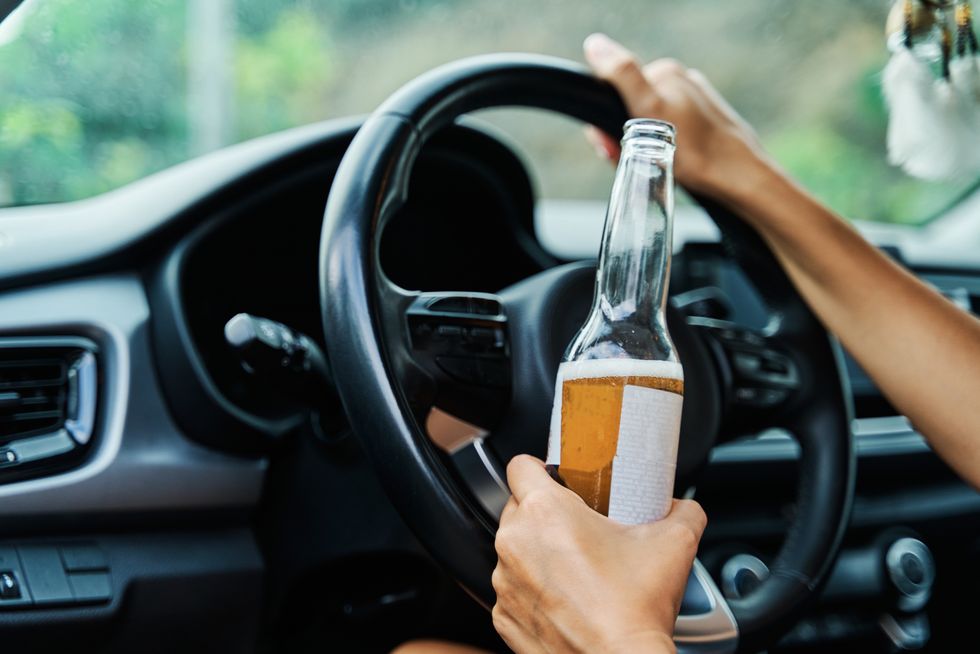
Drivers could face life in prison if they kill someone when they are drunk at the wheel
| GETTYSpeaking to GB News, John Kushnick, legal operations director at National Accident Helpline, highlighted how changes to the drink-driving rules would impact motorists.
He said: "Lobbying for the new Government to reduce England’s drink-driving limit is a wholly positive movement.
"We’re seeing tragic consequences from people continually getting behind the wheel when they know they are over the limit.
"Accidents are often caused by people who are aware they’re not in a fit state to drive but take the chance anyway."
Kushnick added that some drivers will be more confident in their skills compared to others, and underestimate how drunk they are before getting behind the wheel.
Similarly, people may overestimate how much alcohol they can consume before being over the legal drink-driving limit, causing further issues.
If someone is in charge of a vehicle while being above the legal limit or unfit through drink, they could receive three months in prison, a fine of up to £2,500 and a possible driving ban.
Punishments also get more severe depending on what is taking place. Causing death by careless driving when under the influence of drink can lead to life imprisonment, an unlimited fine, a minimum five-year driving ban and an extended driving test before their licence is returned.
Some drivers who are deemed to be high-risk offenders may not automatically get their licence back, with further issues coming as a result of the rules.
Kushnick continued, saying: "The usual list of solutions such as stricter law enforcement, more robust implementation and better awareness of the rules in place can be added to the BMA suggestion of reducing the limit from 80mg to 50mg per 100ml of blood, the equivalent of a small drink.
"The BMA also go on to make the very sensible recommendation that this should be lower for new and commercial drivers, just 20mg."
A drink-driving conviction could lead to car insurance costs rising, employment issues and even difficulties when travelling to countries like the United States.
LATEST DEVELOPMENTS:
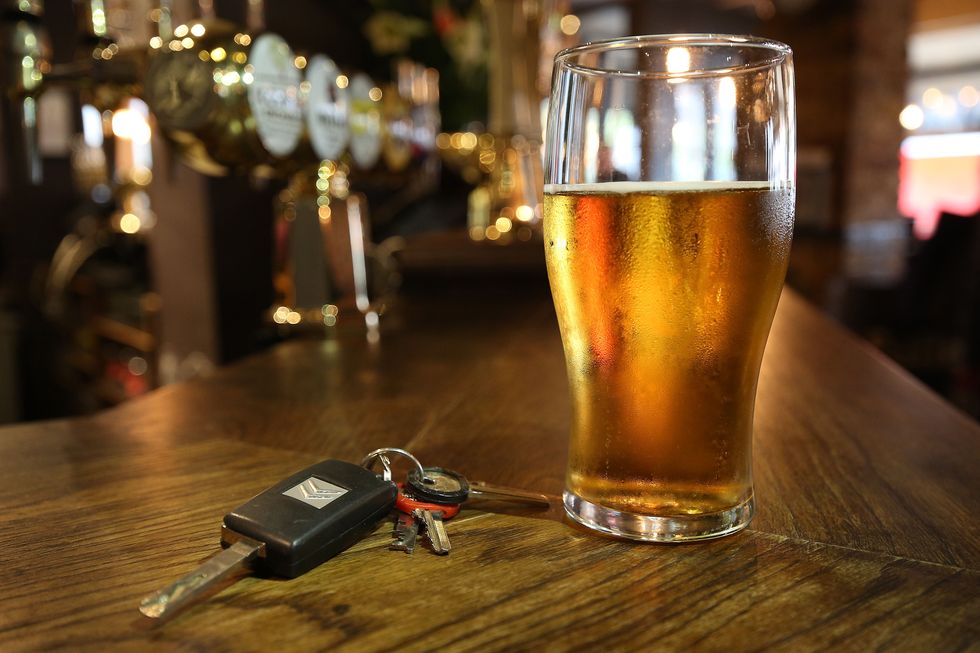
The UK has one of the highest drink driving limits in Europe
| PADrivers may be able to reduce their ban by taking in a drink-driving rehabilitation scheme (DDRS) course if someone has been banned for more than 12 months, although this will depend on the court's discretion.
Data from the Department for Transport shows that between 240 and 280 people were killed in collisions in Great Britain in 2021 where at least one driver was over the drink-drive limit.





